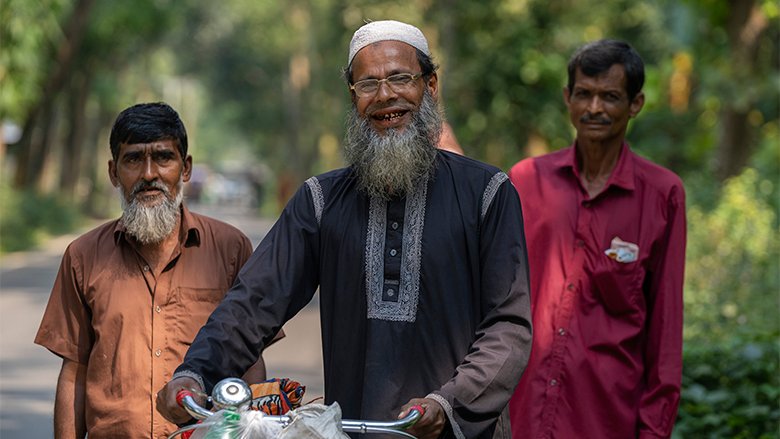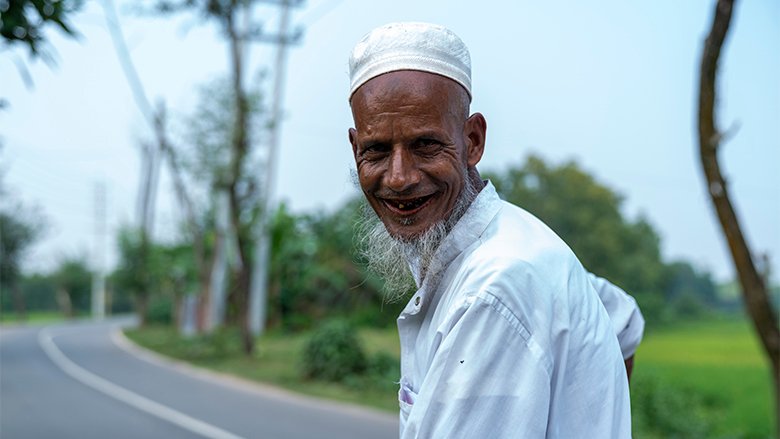In the past decades, Bangladesh has been one of the fastest growing economies in the world. And with this economic growth has come significant improvements in various socio-economic indicators including access to health care. The life expectancy at birth for an average Bangladeshi was around 47 years during its independence in 1971. This number is above 72 today. During this period there has been significant reduction in infant mortality, under-5 mortality, stunting and other health related indicators. As demographics in Bangladesh shift with an increase of older population, the country needs to take actions and revamp the health care sector to remain prepared to cater to the needs of its the aging population.
How does the increasing aging population affect the health care system?
A new World Bank report (supported by the Japan Policy and Human Resources Development Fund, through the Government of Japan) titled "Silver Opportunity: building integrated services for older adults around primary health care," along with a case study focusing on Bangladesh, highlight the significant demographic shift that the world is experiencing, with people aged 65 and above already surpassing the number of children under five years old. This trend presents profound implications worldwide and is pertinent in Bangladesh, where one in every ten citizens will be 60 years or older by 2025. By 2050, this figure is projected to double. This will make Bangladesh home to one of the largest older adult populations on the planet.
This demographic transition is accompanied by an unavoidable surge in noncommunicable diseases (NCDs) and multi-morbid conditions that disproportionately affect older adults, leading to a dramatic increase in demand for health care services. This surge also escalates the costs of both clinical and long-term care, further burdening financially vulnerable segments of society.
Bangladesh is also highly vulnerable to climate change. This is expected to cause more frequent and severe natural disasters such as heatwaves, floods, and landslides, which will disproportionately affect vulnerable populations, including older adults. These populations are more likely to suffer from health issues and have limited access to resources and support systems to cope with the impacts of climate change.
Citizens often encounter barriers in accessing appropriate health care, including high costs, lack of access to medicines, and insufficient numbers of trained providers. These barriers can be even worse for older adults. Innovative solutions can play a significant role in addressing these barriers and improving access to health care for this vulnerable sub-population.


